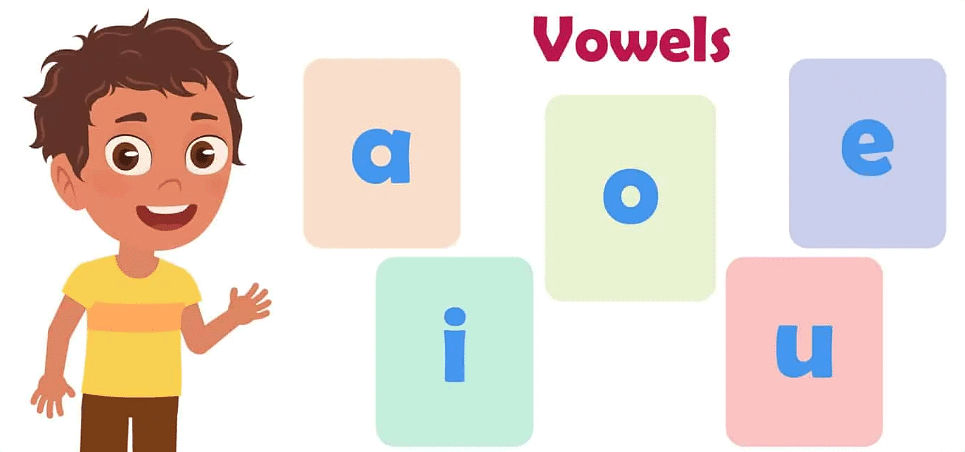Class 1 Exam > Class 1 Notes > English Grammar for Junior Classes > Worksheet: Vowels & Consonants - 1
Worksheet: Vowels & Consonants - 1 | English Grammar for Junior Classes - Class 1 PDF Download

Q1: Choose the vowels (a, e, i, o, u) in each word. Leave the consonants (all other letters) unmarked.
(i) Cat
(ii) Sun
(iii) Dog
(iv) Elephant
(v) Fish
(vi) Jump
(vii) Rabbit
(viii) Apple
(ix) Tiger
(x) Frog
Q2: Write down three words that have both vowels and consonants.



The document Worksheet: Vowels & Consonants - 1 | English Grammar for Junior Classes - Class 1 is a part of the Class 1 Course English Grammar for Junior Classes.
All you need of Class 1 at this link: Class 1
|
18 videos|170 docs|35 tests
|
FAQs on Worksheet: Vowels & Consonants - 1 - English Grammar for Junior Classes - Class 1
| 1. What are vowels and consonants? |  |
Ans. Vowels and consonants are two types of letters in the alphabet. Vowels are the letters A, E, I, O, U (and sometimes Y) which produce a clear sound when pronounced. Consonants, on the other hand, are all the other letters that are not vowels. They produce a sound which is obstructed or partially blocked.
| 2. How many vowels are there in the English language? |  |
Ans. In the English language, there are five main vowels: A, E, I, O, and U. However, it is important to note that the letter Y is sometimes considered a vowel as well, depending on its usage in a word.
| 3. Can a word have only vowels or only consonants? |  |
Ans. Yes, it is possible for a word to have only vowels or only consonants. For example, the word "eye" consists of only vowels, while the word "try" consists of only consonants. However, such words are relatively rare in the English language.
| 4. Why are vowels and consonants important in language? |  |
Ans. Vowels and consonants play a crucial role in language as they help in forming words and differentiating between them. Vowels provide the basic sounds that form the core of a word, while consonants add distinct sounds and help shape its pronunciation. Without vowels and consonants, it would be difficult to communicate effectively in any language.
| 5. Are the number of vowels and consonants balanced in the English language? |  |
Ans. No, the number of vowels and consonants in the English language is not balanced. There are significantly more consonants than vowels. This can be observed when comparing the letters in the alphabet, where there are 21 consonants and only 5 vowels.

|
Explore Courses for Class 1 exam
|

|
Signup for Free!
Signup to see your scores go up within 7 days! Learn & Practice with 1000+ FREE Notes, Videos & Tests.
Related Searches

















